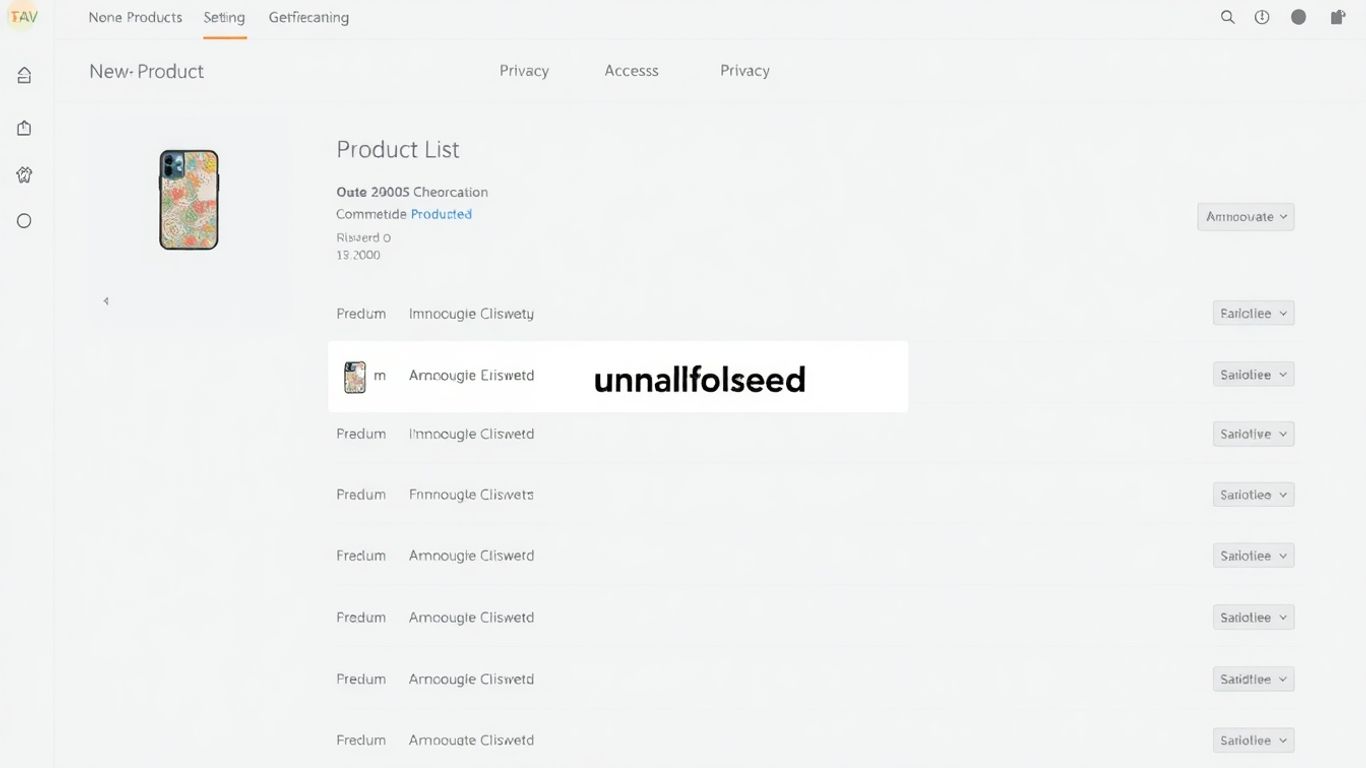Shopify has taken down a website template after well-known food influencer Molly Baz accused the e-commerce platform of exploiting her likeness. The controversy centers on a design that closely resembled Baz's style and image, intensifying concerns about AI-generated content and creator rights online.
Key Takeaways
- Shopify removed a website theme after complaints from food influencer Molly Baz.
- Baz claimed the design copied her cookbook cover and personal branding using AI.
- The theme was developed by a third-party, and Shopify said it violated platform terms.
- This incident spotlights the growing risks AI poses to creators’ intellectual property.
Molly Baz Calls Out Eerie Resemblance
Molly Baz, a bestselling author with nearly 830,000 followers on Instagram, was quick to spot an uncanny similarity between the Shopify website theme and the cover of her cookbook, “More Is More: Get Loose in the Kitchen.” The theme’s image showed a woman in a red sweatshirt eating an onion ring in a yellow kitchen—an echo of Baz’s signature branding down to minute details like clothing and hand gestures.
Baz didn’t hold back, labeling the template as a "sicko AI version" of herself in a direct social media post. Her accusation highlighted growing unease among creators as AI tools make it easier to replicate people’s distinct styles without consent.
Shopify’s Swift Response And Explanation
After Baz’s post began gaining traction, Shopify removed the theme and confirmed it had been developed by a third party. The company clarified that using someone’s likeness without permission breached their policies. Shopify has also reached out to Baz’s team and is reviewing its collaboration with the theme’s developer to prevent future incidents.
While Shopify did not specifically confirm the use of AI in creating the disputed image, Baz and other observers speculated an AI image generator likely produced the likeness. The developer involved, Presidio, has previously built sites for major brands but did not comment on the incident.
A Broader Pattern Of AI Imitation
The dispute reflects a wider trend: Generative AI, capable of churning out lookalike images in seconds, is now frequently under scrutiny for unintentionally (or deliberately) copying real people’s images and creative styles. Legal experts warn that as marketers increasingly rely on AI tools, they may inadvertently infringe on creators’ rights if properly sourced images and ideas are not used.
Instances of unauthorized use of celebrity likeness have already surfaced. High-profile personalities, like YouTuber MrBeast, have seen their digital doppelgangers used without permission in online promotions. Creators and brands are being urged to remain vigilant as these technologies proliferate.
What This Means For Creators And Platforms
This event is another wake-up call for both digital creators and platforms hosting user-generated content. With AI becoming more deeply embedded in design and marketing, the challenge of safeguarding creators’ intellectual property—whether for images, written copy, or visual branding—is intensifying.
Platforms like Shopify may face increasing expectations to vet third-party content closely and respond rapidly to complaints from creators. For influencers and artists, the onus is higher than ever to monitor for unauthorized imitations and take prompt action to defend their brands.
Sources
- Shopify Pulls Design After Molly Baz Calls It an 'AI Version' of Her, Business Insider.

